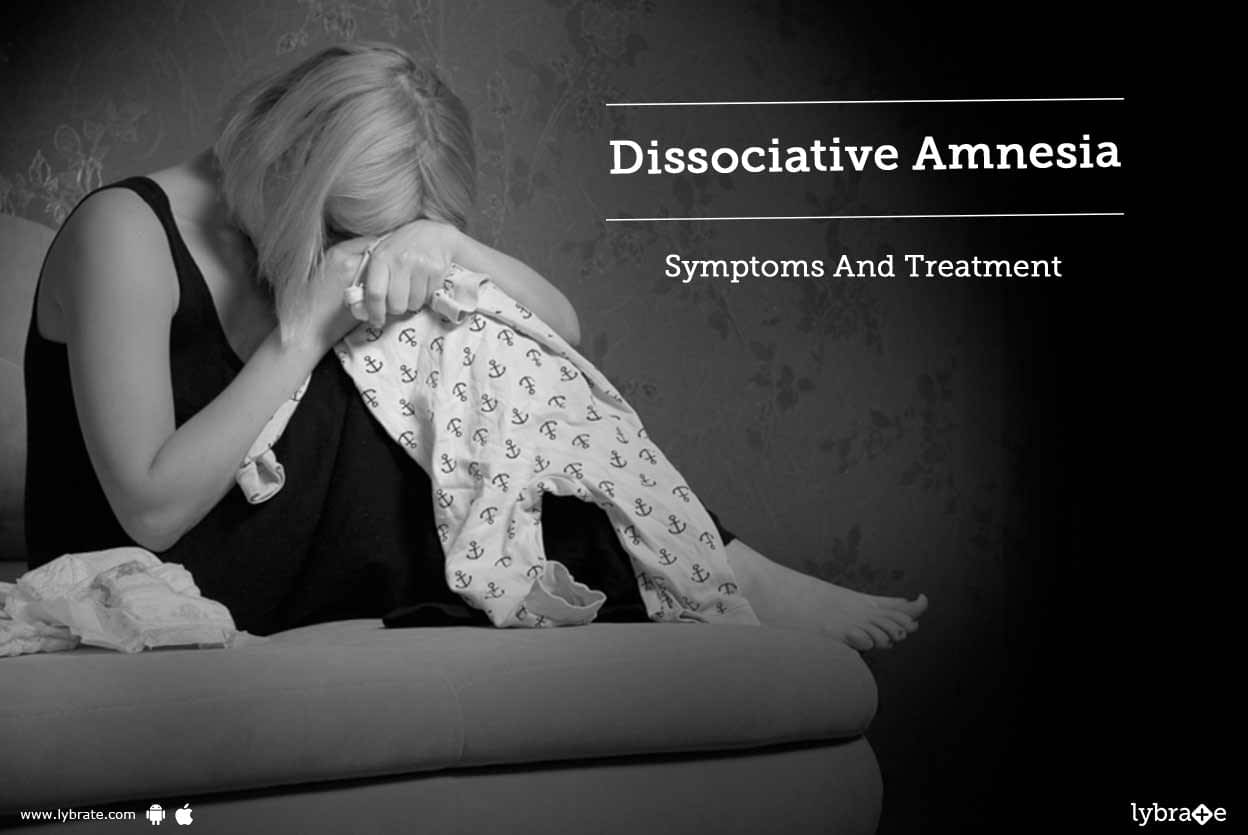


( Box 35-3 lists the DSM-IV criteria for this condition and exclusions to it.) Dissociative amnesia appears to be commonly triggered by a traumatic event and thus it appears to be more common during wartime or after natural disasters. Often, patients suffering from dissociative fugue will assume entirely new identities during their fugue episode.

A fugue has been defined as sudden unexpected travel away from one's place of daily activities, with an inability to recall some, or all, of one's past. This condition remains the rarest of the dissociative disorders. DSM-5 4 includes a fugue state as a specifier for dissociative amnesia. Stern MD, in Massachusetts General Hospital Comprehensive Clinical Psychiatry, 2016 Dissociative AmnesiaĪs noted above, dissociative fugue is no longer a distinct diagnosis. If you wish to discuss any specific problem, you can consult a psychiatrist.Theodore A. Medication: Dissociative amnesia cannot be treated through medication but antidepressants and anti-anxiety medication can help deal with the disorder by calming the mind.Through hypnosis, the patient can achieve a different state of consciousness through relaxation techniques, concentration, and attention. Clinical hypnosis: When being used to treat this disorder, hypnosis allows a person to express thoughts and emotions they may have hidden from their conscious minds.Meditation: Meditation and practicing relaxation techniques make people more aware of their internal stress levels and equip them to better handle their symptoms.This allows patients to explore different ways of expressing their thoughts and feelings. Creative therapies: Cognitive therapy includes art therapy, music therapy, etc.Hence therapy for the entire family is often necessary. Family therapy: Dissociative amnesia is often a recurrent condition and affects not only the life of the patient but that of his or her family as well.In such cases, dialectic behavior therapy may be used. Dialectic behavior therapy: People who have suffered from abuse or trauma may have severe personality disturbances which may include dissociative amnesia.In such cases, eye movement desensitization and reprocessing are used to address symptoms of post-traumatic stress disorders such as nightmares and flashbacks. Eye movement desensitization and reprocessing: Dissociative amnesia is often associated with traumatic events.It focuses on thinking patterns and feelings that are harmful to the person self-image. Cognitive behavioral therapy: Cognitive therapy focuses on changing a person’s behavior.It is the main form of therapy used to treat this condition and can also act as an umbrella for many other types of therapy. Psychotherapy: This is also known as talk therapy as it largely involves conversations between the patient and doctor.Some forms of treatment for dissociative amnesia are: The treatment of this condition must be customized to the person’s symptoms. Lost memories cannot be brought back with treatment but treatment can help a person suffering from this disorder reconnect with people and feel secure in their surroundings. This dissociative disorder can be mild or be severe enough to affect the daily functioning of a person. This can cause memory loss of specific events and themes or make the person forget a majority of their identity and history in general. People who cannot remember important information about their life may be said to be suffering from dissociative amnesia. Everyone forgets things once in a while, but for some people, this forgetfulness can be a sign of a bigger problem.


 0 kommentar(er)
0 kommentar(er)
